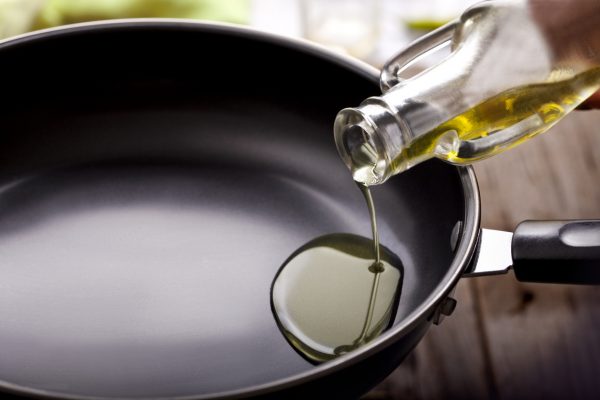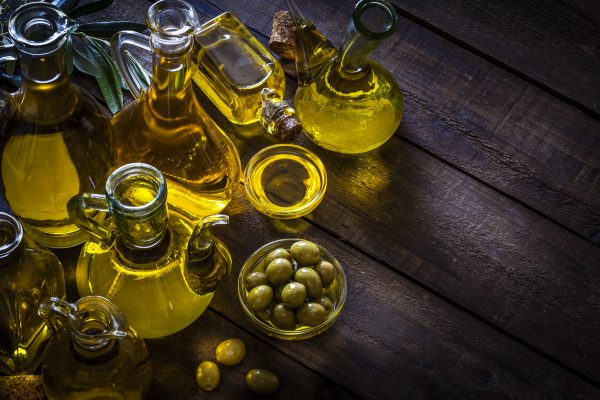6 Survival Uses for Vegetable Oil
Vegetable oil is a kind of oil extracted from various seeds. The most common oils are castor, peanut, coconut, etc. Oils are used to add flavor to various food recipes.
In fact, vegetable oil is probably the most used ingredient in any recipe that requires frying because it has a relatively high smoke point.

Vegetable oil might not be seen as a key survival item, but it can be really useful during emergencies. It’s usually most important as a calorie source, but even rancid or out-of-date oil can still serve useful roles.
And yes, vegetable oil is actually a blend of soya bean, palm, and sunflower oil. Coconut oil also has many uses in a survival situation where goods are hard to come by.
With all that said, here are some of the survival uses of vegetable oil that you probably didn’t know about:
1. Fire Helper
Sometimes our fire-starting efforts in camp or hiking trips are in need of a boost, right? For example, when it rains, it’s even more difficult to start a fire! This is where vegetable oil can come in.
You can add a little vegetable oil to damp wood, old charcoal, paper, cardboard, or any other flammables to help them burn better and for longer. Also, when making candles with oil, place a wick in a clean jar and then pour the oil into the jar, making sure the wick stays up. Allow the oil to cool and solidify, and you’re all set.
2. Rust Proofing
Knives, tools, guns, and other metal objects can be protected from rust and corrosion by a light coating of oil. Let the oil sit for about an hour and then rub it on both sides of the metal piece.
DO NOT put motor oil on your pocket knife and then cut something such as meat or fruit. Vegetable oil protects the wooden handles on knives, cutlasses, and saws if you rub a bit on them. Specifically, the oil will prevent them from cracking and splitting in half.
3. Lighting
When you add a plant fiber wick to a bowl of oil, the result is a primitive grease lamp for improvised lighting. You could also pour oil into a lantern that burns paraffin/kerosene. Vegetable oil can be readily turned into diesel.

4. Medical Help
When you have a cut or an injury, applying a thin coating of coconut oil speeds healing. The layer of oil serves as a plaster to keep the wound fairly clean. Deep cuts heal quicker with regular massaging of coconut oil. Also, in dry heat, when you warm a bead of coconut oil and apply it to the inside of your nostrils, it helps to prevent nose bleeding. Cool, right?
Vegetable oil will also help with chapped lips. You can apply coconut oil to your lips to prevent them from breaking; this is especially useful when battling with dehydration in the woods.
You can rub oil on burns, including sunburns, for soothing and healing. In fact, it is common practice to rub oil on any bug bite for immediate pain relief and irritation. Rubbing vegetable oil on your feet as well can prevent athlete’s foot.

5. Preservation of Food
Vegetables and mushrooms can be briefly preserved in vegetable oil. Also: adding vegetable oil to warm water each morning boosts energy, so when coffee and soda are not available this could work for you.
6. Skin Care
Oil will leave your skin smooth and reduce irritation. Application of vegetable oil on the scalp and on the hair helps to keep lice away. With the poor hygiene that comes in any survival situation, head lice will be very common, so to avoid them add a little vegetable oil to your scalp. It works!





